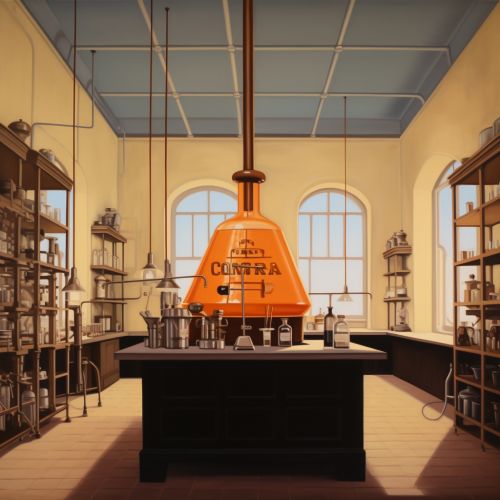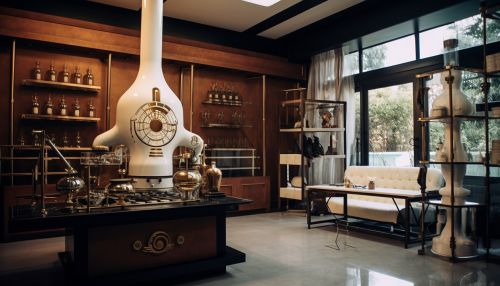Giulio Natta
Early Life and Education
Giulio Natta was born on February 26, 1903, in the bustling city of Porto Maurizio, Italy. He was an exceptional student, showing a keen interest in the sciences from a young age. He pursued his undergraduate studies at the prestigious Polytechnic University of Turin, where he graduated in 1924 with a degree in chemical engineering.
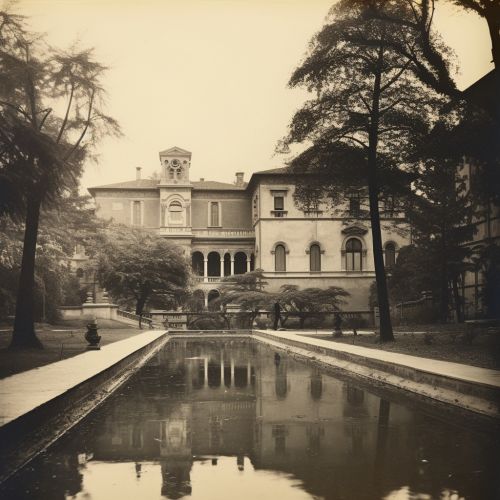

Career and Research
Natta began his professional career as an assistant to his mentor, Professor Giuseppe Bruni, at the University of Pavia. He then moved on to the University of Rome in 1933, where he served as the director of the Industrial Chemistry Institute. Natta's research during this period focused on the study of macromolecules, a term he himself coined to describe large, complex molecules.
In 1938, Natta returned to the Polytechnic University of Turin as a professor, where he continued his groundbreaking research on macromolecules. His work led to the development of a new class of polymers, known as polypropylene, which revolutionized the plastics industry. Natta's research also extended to the field of stereospecificity, where he made significant contributions to our understanding of the spatial arrangement of atoms in molecules.
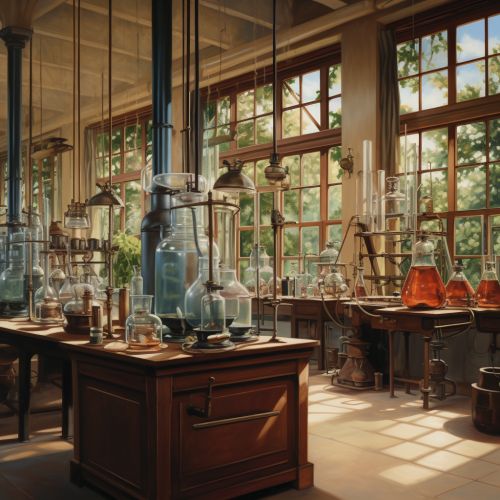

Nobel Prize
In 1963, Giulio Natta was awarded the Nobel Prize in Chemistry for his work on polymers. He shared the prize with German scientist Karl Ziegler, who had independently developed a similar process for the production of polymers. The Nobel Committee recognized their work for its significant impact on the chemical industry and its potential for future scientific research.
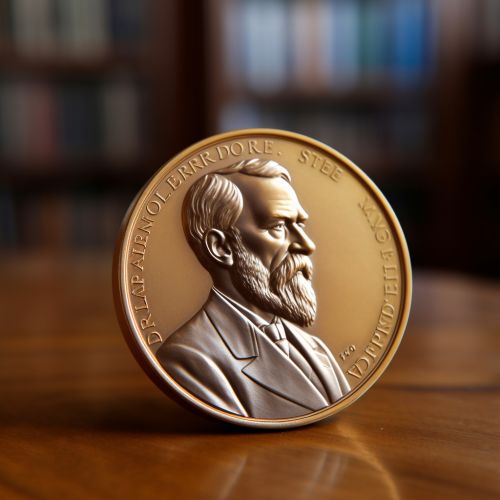
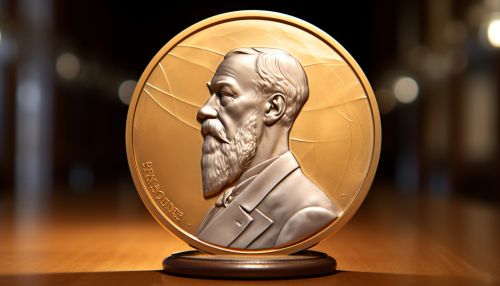
Later Life and Legacy
Natta continued his research at the Polytechnic University of Turin until his retirement in 1973. He passed away on May 2, 1979, leaving behind a legacy of scientific discovery that continues to influence the field of chemistry to this day. Natta's work on polymers and stereospecificity has paved the way for numerous advancements in materials science, and his contributions to the field are still widely recognized and celebrated.
